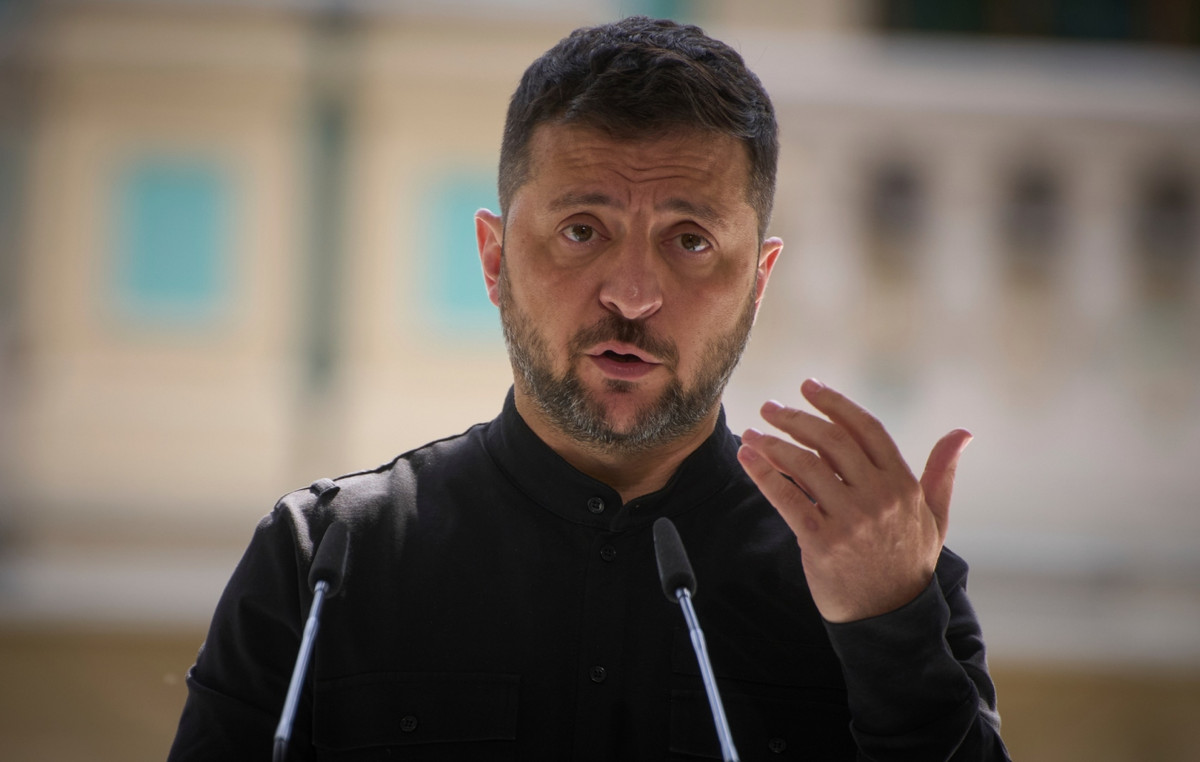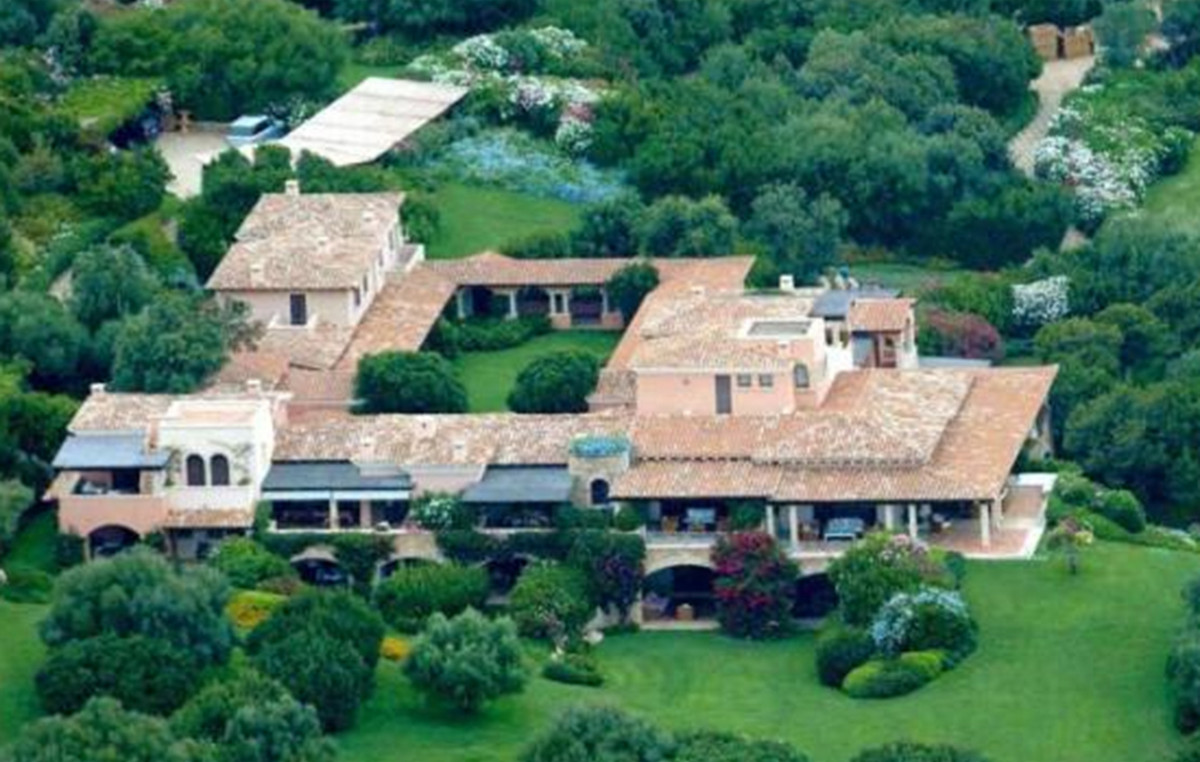the landmark of railways, approved by the Chamber of Deputies on Monday (13), it should generate a significant expansion of the Brazilian rail network, according to the CEO of Valec and specialist in the sector, André Kuhn. In an interview with CNN Brasil this Saturday (18), he spoke about the changes that the project should bring, and what will remain the same.
The big news of the project is the creation of a new model of investment and use of railways, that of authorization. In it, companies send proposals to the federal government, which then authorize or not the undertaking to be carried out, with authorization for exploration and administration for a certain period of time.
“Even if all authorizations do not go ahead, we will have a significant investment in the construction of the railways, whose initial stage takes some time, 2, 3 years”, said Kuhn. His forecast is that the construction process that starts in the next few years should be completed within 10 years, the deadline established by the project for the railways to be in operation and authorizations to be renewed.
Another novelty of the project is the permission for companies to explore the area bordering the railways, to build commercial projects. For Kuhn, this should help expand passenger transport in Brazil.
‘The transport of passengers, without any additional benefits, is not attractive from an economic point of view. With the new Legal Framework, there is the possibility for passenger transport to have ancillary revenues, such as exploration around the railroad, from terminals to shopping malls, stores, in such a way that it manages not only to stimulate the transport of cargo, but also that of passengers as well,” he says.
However, Kuhn’s expectation is that the greatest expansion will be in cargo transport, especially in the agribusiness and mining.
“Every time there is a private investment, there is an interest in having a financial return. Rail transport in Brazil is incipient compared to other places in the world, the share of cargo transport is 15%. The large investments will occur in cargo transport, not least because it increases Brazil’s competitiveness in the transport of agricultural and mineral inputs”.
According to Kuhn, the Ministry of Infrastructure it has already received 49 requests for the execution of projects in the railway sector, which would total 13 thousand kilometers of additional railways. “All this execution of works will generate around R$ 165 billion in private investment in the construction of railways”, he says.
Even with these changes, the expert says that compliance with the current normal environments will remain mandatory, regardless of the type of model.
In addition, “the role of the regulatory agency, ANTT, remains the same, even after authorizations, and the legislation allows for self-regulation by those who received the authorization, it is an innovation that can allow a faster evolution, a treatment of pending issues between them in a more agile way,” says Kuhn.
Reference: CNN Brasil
I am Sophia william, author of World Stock Market. I have a degree in journalism from the University of Missouri and I have worked as a reporter for several news websites. I have a passion for writing and informing people about the latest news and events happening in the world. I strive to be accurate and unbiased in my reporting, and I hope to provide readers with valuable information that they can use to make informed decisions.







